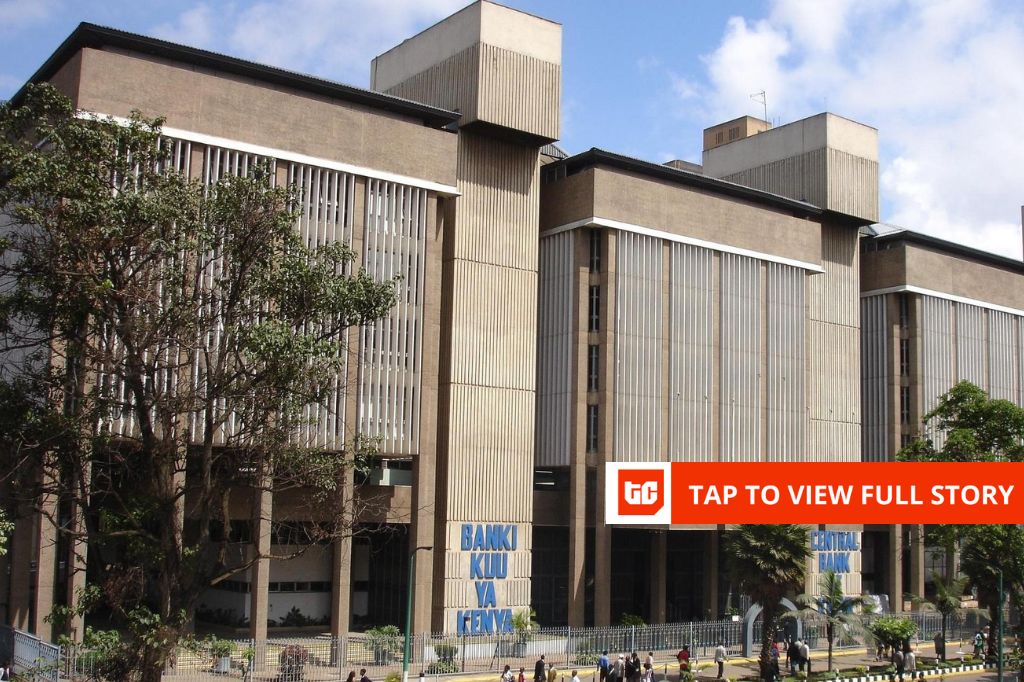Greg Cooke is a South African entrepreneur currently based in the UK, leading Growth and Product at Rafiki, a startup he co-founded after several years in performance and growth marketing. At Rafiki, he is building software that simplifies cross-border subcontracting by using stablecoin rails and multi-party invoicing.
Backed by the Baobab Network, Jobtech Alliance, CVLabs, and founder-angel investors, Rafiki is currently in private beta and opening its pre-seed round as it prepares for a wider rollout.
- Explain what you do to a 5-year-old.
I make it easy for adults to work together.
Imagine you want some lemonade. To make lemonade, you need lemons, some water, some sugar, and a cup. I built a special lemonade stand, called Rafiki, which makes it easy for the lemon person, the water person, the sugar person, and the cup person to work together to make tasty lemonade.
- What’s the hardest part about paying people across borders?
Payments are still slow, expensive, and fragmented—often taking days to clear, cutting off as much as 5% in fees, and requiring one-by-one transactions. Rafiki fixes this by collapsing multiple bills into one workflow, enabling instant stablecoin settlement, and making off-ramping seamless across regions.
- If Rafiki were a superhero, what power would it have?
In many ways, Rafiki already is a superhero. As the confidante to Mufasa in The Lion King, Rafiki possesses powers of immense wisdom, spiritual guidance, and foresight, to unite and guide those around him. Rafiki is all about collaboration, harmony, and the greater good.
- What’s one story from your early days that made you realise Africa’s subcontracting problem is massive?
Our ‘aha’ moment came last year on a project for a German client. We pulled together five freelancers and a small agency across South Africa, Kenya, Nigeria, and the UK. Paying everyone was painfully manual, so we tried freelancer platforms, payroll tools, and fintechs. None worked; they were all built for 1:1 engagements, not real collaboration.
As we spoke with senior freelancers and agency founders, two things became clear: subcontracting and collaboration were on the rise, and the pain points we faced were the same ones everyone else was struggling with.
- What’s the biggest misconception people have about multi-party subcontracting?
The biggest misconception about multi-party subcontracting is that it’s a cost-cutting hack. That view of chasing cheap rates and sacrificing quality completely misses the point.
Done right, subcontracting is about collective value creation. Think of construction: a beautiful home isn’t built by one person, but by contractors orchestrating plumbers, painters, plasterers, and more. The same is true for strategy, design, marketing, and tech. Specialists working in harmony create results that no solo provider can.
That’s what Rafiki’s Talent Services and Rafiki OS enable: orchestrated collaboration, not exploitation. If you still think only agencies or traditional teams can deliver, you are stuck in outdated models.
- If you could wave a magic wand and fix one thing in Africa’s freelance economy, what would it be?
Independents and micro-agencies are the fastest-growing yet most overlooked part of Africa’s creative and professional economy, lacking security, benefits, and quality financial services. Closing that gap and enabling collaboration can de-risk their work, unlock bigger clients, and make flexible careers sustainable at scale.
- What excites you most about the future of fractional collaboration in Africa?
It has the potential to unblock and unlock a significant proportion of value creation. While it’s nascent, the fractional economy across Africa has immense potential to become a leading powerhouse globally.








![How to Delete a Pin from Pinterest [Step by Step Tutorial] How to Delete a Pin from Pinterest [Step by Step Tutorial]](https://loriballen.com/wp-content/uploads/2022/10/how-to-delete-a-pin-from-pinterest.jpeg)
